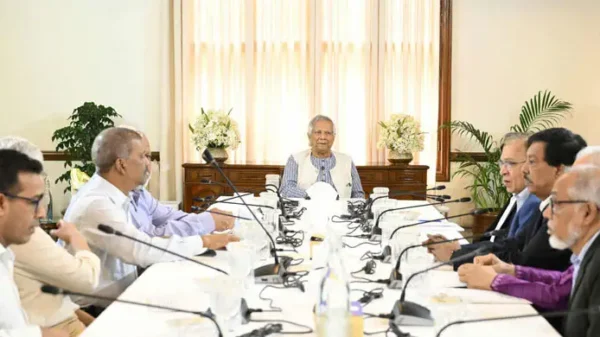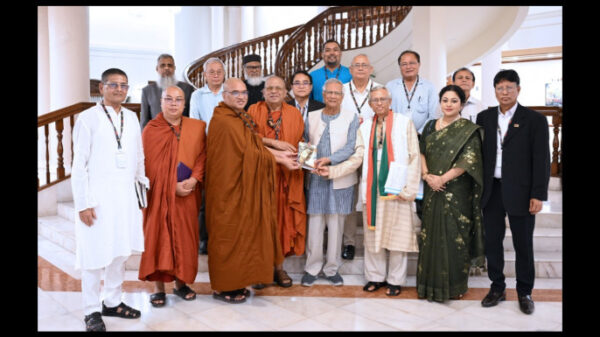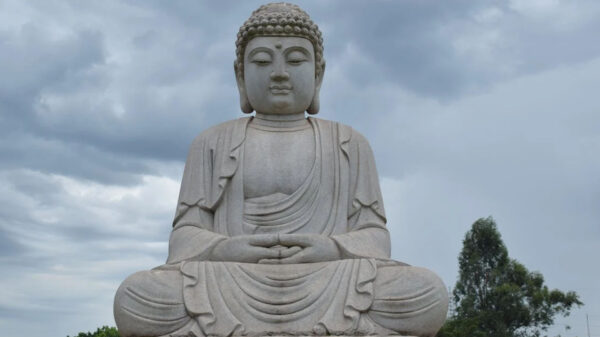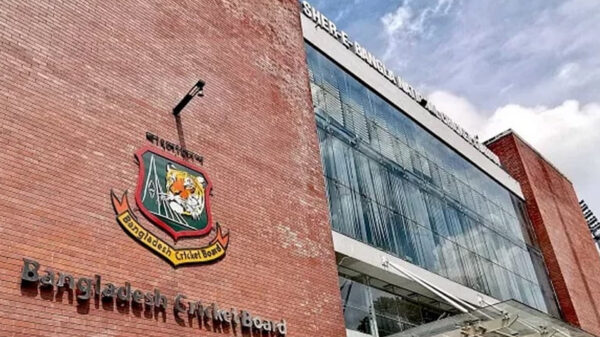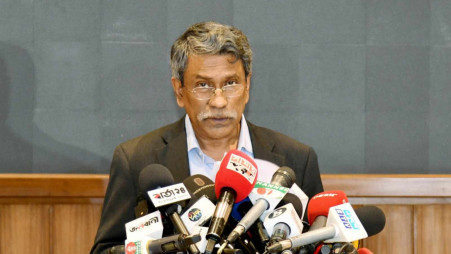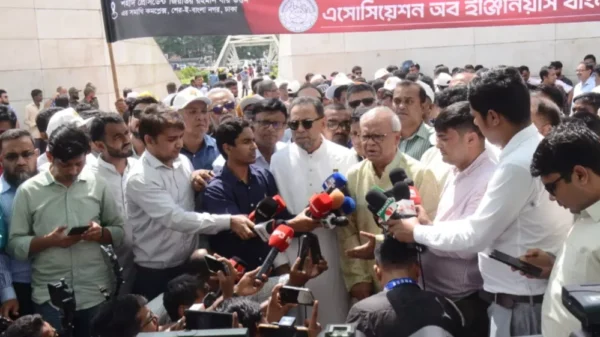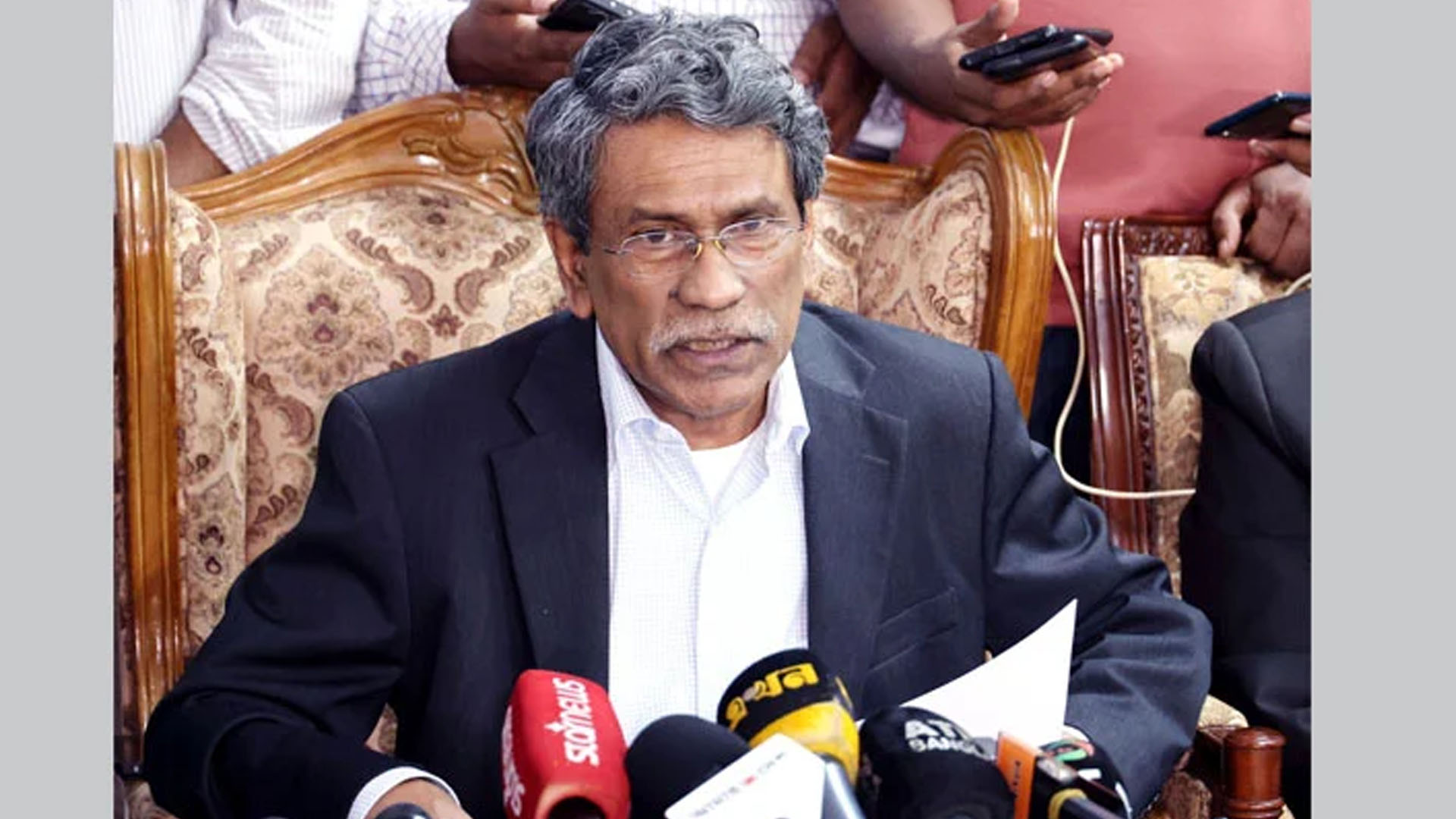Staff Reporter:
Vice Chairman of the National Consensus Commission on Sunday asked the political parties, those who oppose the formation of the proposed appointment committee for the constitutional and statutory institu-tions, to reconsider their stance for the sake of a transparent state.
“We hope those parties who have not yet agreed on the formation of such a committee will review their position, and that we can reach a solution through further discussions,” he told a press briefing at the Foreign Service Academy in the capital after the seventh day of the Commission’s second-round talks.
BNP opposed the proposed appointment committee arguing that it has no accountability and would lead to an imbalanced situation in the country.
Prof Riaz said the Commission on Sunday’s discussion presented a detailed outline of the proposed ap-pointment committee, bringing not only its structural change but also changes in its jurisdiction.
“We have made it clear that this committee will be responsible for recommending appointments of the heads and members of six specific commissions and other institutions defined by law,” he said.
He mentioned that the six commissions are the Election Commission, Anti-Corruption Commission, Public Service Commission, Office of the Comptroller and Auditor General, National Human Rights Commission and Information Commission.
“These commissions are extremely vital and play an important role in establishing an accountable gov-ernance structure in the country,” he added.
Prof Riaz said the Commission remains committed to finalising a national charter by July next. “There may always be differences in opinions, but we remain hopeful. We believe we can bring the parties clos-er to an agreement on many issues,” he said.
Noting that unanimity on all matters may not be possible, he said they expected that the political parties would agree on the issues required to change the institutional structures to establish an accountable state.
Prof Riaz, while presiding over the discussion held from 11am to 5pm, said the expected progress in reaching a consensus on reform initiatives has yet to be achieved.
“We have been discussing (reform issues) for the past seven days. Although there has been progress in various areas, the fact is that we are a bit behind in terms of desired progress. We need to attain this (de-sired) progress and no one of us wants to go back to where we were before. This is not a matter of to-day, the next day. This is a matter of the long term,” he said.
Prof Riaz stressed the need to break free from fascist rule, saying that it was essential to structurally re-form the system that had given rise to such governance.
Leaders from around 30 political parties, including BNP, Jamaat-e-Islami and the National Citizen Par-ty-NCP participated in the day’s dialogue to present their respective party positions on the proposed re-forms.
On June 2, Chief Adviser and Commission Chairman Prof Muhammad Yunus opened the second round of dialogues.
Formed on February 15, 2025, under the leadership of Chief Adviser Prof Yunus, the Commission was tasked with forging a unified national stance on crucial state reforms.



